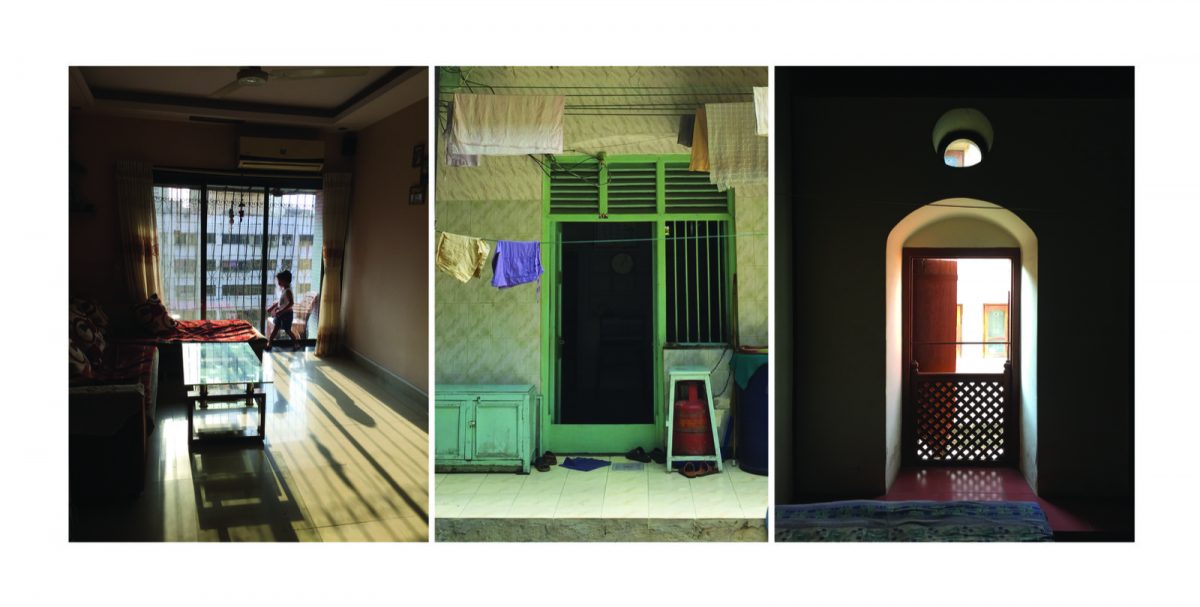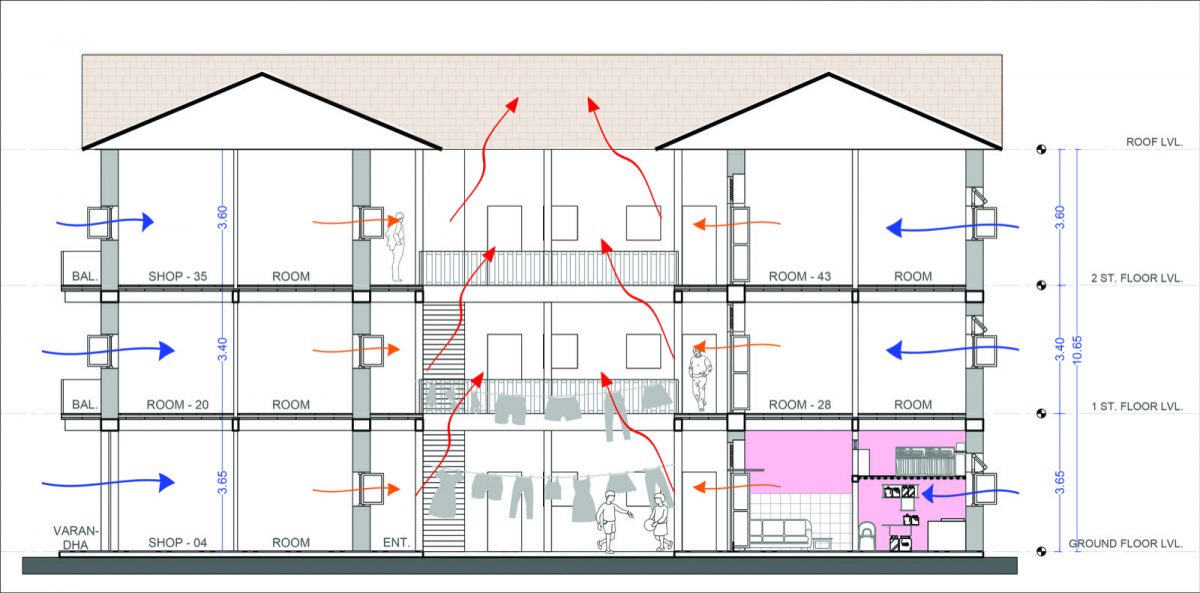Supervisors: Dr Rosa Schiano-Phan, Dr Nasser Golzari
Re-Addressing The Window: Environmental performance of adaptive fenestration for Indian climate
The primary function of building fenestrations known to mankind is to provide daylight, fresh air and view. However, with the emergence of mechanical systems, the purpose of space heating and cooling, ventilation and lighting are widely fulfilled artificially. The comprehensive focus of this research is to investigate the role and evolution of windows to date, the factors that have influenced them, its effect on human psychology and their contribution in creating better living spaces. The government’s scheme of constructing 20 million homes by 2022 and about 15% rise in the use of air conditioning units per year in the cities of India can be directly associated with the persistent shortage in electricity supply which has led to power cuts of about 16 hours in mostly the rural areas of the country and especially during the summer months.
Hence, it is of specific importance to undertake this research to understand how windows will evolve in future and what will be their influence on design and attainment of comfort. This research will contribute by portraying ‘window’ as an adaptive tool since they have the potential to create diversity, flexibility and social interaction along with providing thermal and visual comfort for its users. It will be achieved by readdressing passive design elements prevalent in the traditional Indian buildings, by documenting the current trend in window design and user preference, and by testing the documented windows through computational analysis to understand their impact on the thermal comfort in a modern residential unit setting. Through this study there is a hope to shift the focus from mechanical systems and make an emphasis on the window as a comfort regulating adaptive tool, to provide the users with the flexibility to control their indoor environment and synchronize the same with the outdoor weather conditions.














